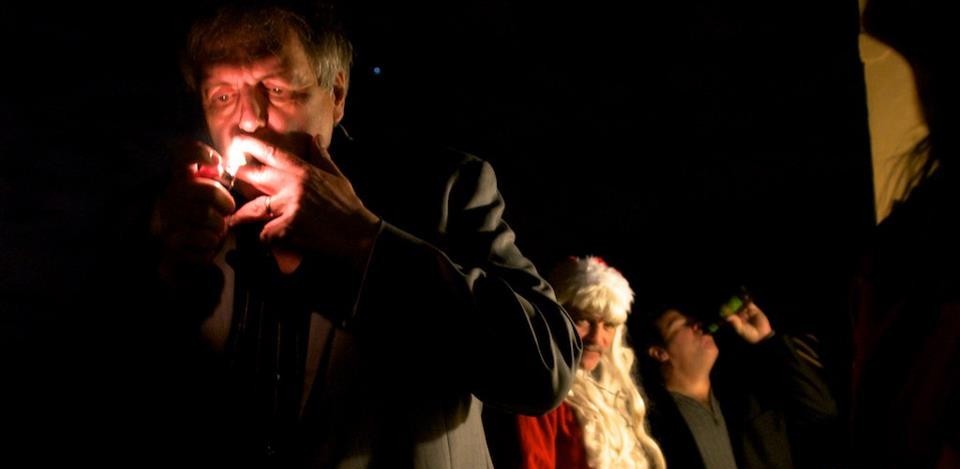Every time I watch Plan 9 From Outer Space I’m disappointed. Not by the movie. I actually kinda like the movie. I’m one of those type of intellectuals who can while away time he could spend on something useful and instead watches Plan 9 From Outer Space. Unironically, even. But every time I do watch it I’m disappointed that it is nowhere near being the worst movie ever made. That’s what people call it. But it’s not. I mean arguably The Killer Shrews is worse, even with Ken Curtis, or the scientist in my favorite death scene ever (I totally identify with the guy, typing his fatal symptoms unto death). But the shrews, Jesus. Dogs in shrew costumes. I didn’t even know they made shrew costumes. Do they still? Can one buy one? Maybe a whole herd’s worth? Considerably less arguable is that From Hell It Came, which I’ve seen innumerable times, is a much worse movie than Plan 9, though I’ll spare you the details. I mean a tree monster? And it is an absolute physical fact that The Beast of Yucca Flats is worse, and indeed might be THE worst film ever made, well, worst science fiction film. I can only imagine the depths reached by directors and screenplays and casts in other genres. Those I can’t watch. But I’ve watched The Beast of Yucca Flats several times, and even written about it (one of my favorite pieces ever, in fact), something I’ve never even done with Plan 9 From Outer Space. And then there’s—oh wait, Lyle Talbot just walked on. I gotta go.

